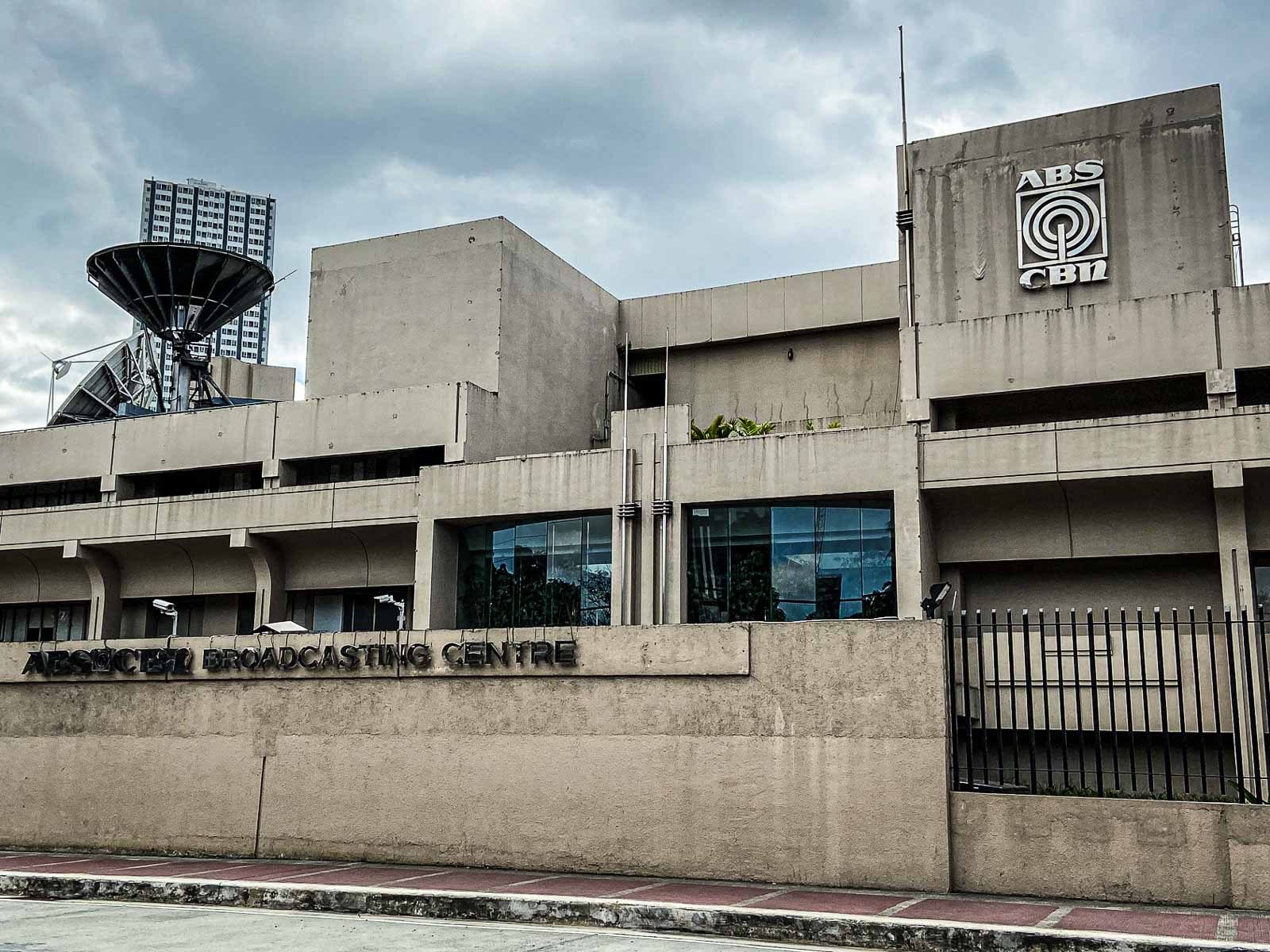SUMMARY
This is AI generated summarization, which may have errors. For context, always refer to the full article.

MANILA, Philippines – Solicitor General Jose Calida has accused ABS-CBN of cheating the government by using two franchises not originally granted to the network, but to companies it later came to own.
But isn’t that just typical corporate structuring?
That is one issue that the Supreme Court may be forced to tackle if it chooses to proceed with Calida’s quo warranto case to revoke ABS-CBN’s franchise.
ABS-CBN’s mergers and acquisitions are among the 3 major grounds cited by Calida in the quo warranto petition, the two being unauthorized selling of pay-per-view services and ceding foreign control through its Philippine Depositary Receipts (PDRs).
Calida accused ABS-CBN of illegally using two franchises without congressional approval.
How did that happen?
The first involves a company called Multi-Media Telephony which was granted its own 25-year-franchise in 1995. In 2011, Sapientis bought a company called Columbus Technology, which owns 95% of Multi-Media Telephony.
In 2015, ABS-CBN Corporation entered into a merger with Sapientis. Sapientis then became a wholly-owned subsidiary of ABS-CBN Corporation.
Calida said that when Multi-Media Telephony applied in 2015 for the extension of its provisional authority and grant of additional frequencies, it used the name ABS-CBN Convergence.
“A corporation cannot use another corporation’s name to transact business,” said Calida.
Another case is a company called Amcara which was granted a legislative franchise in 1995.
In 2012, ABS-CBN disclosed it had invested 49% of equity interest or ownership in Amcara. Using Amcara’s franchise, ABS-CBN was able to use its Sports and Action channel.
Calida called this corporate layering which helped ABS-CBN take a shortcut in the tedious process of obtaining a franchise.
Airwaves are a scarce resource so that the government has to choose carefully who will be allowed to use them.
“The government is being hoodwinked as it is made to believe that the finite and limited spectrum had been allocated to those who are worthy to be accorded the privilege, when in truth it is only being utilized by one corporation, ABS-CBN,” said Calida.
READ OTHER EXPLAINERS ON THIS CASE:
- Can a quo warranto petition be filed against ABS-CBN?
- EXPLAINER: Legal points in Calida’s quo warranto vs ABS-CBN
- EXPLAINER: Is Calida’s ABS-CBN PDR theory bad for business?
ABS-CBN must answer
Former Philippine Competition Commission (PCC) executive director and constitutional and corporation professor at the University of the Philippines College of Law Gwen de Vera said that while a franchise is not transferable, “the franchise subsists so long as the grantee exists and exercises it.”
De Vera explained that corporate structuring, or what Calida calls layering, “is a recognized tool or strategy to achieve various business objectives, primarily tax efficiency.”
The question here is: can ABS-CBN use the franchise of a company that still exists, but which it now owns?
“Given the scope and diversity of the Group’s business and the period during which the acquisitions happened, the allegations under the petition are not conclusive or determinative of whether the transactions were intended to circumvent franchise requirement,” said De Vera.
De Vera said this is an issue that ABS-CBN should be able to answer when it is forced to defend their franchise before the Supreme Court or Congress.
However, De Vera said these involve mostly factual issues that should be brought to lower courts first, rather than the High Court directly.
Too restrictive
De Vera said that the points Calida raised in the petition are “broad policy issues.”
Aside from corporate structuring, the petition also challenges the practice of issuing PDRs to foreign investors. PDRs are a way for companies to raise capital without selling shares of stocks.
Through PDRs, media companies are able to inject funds from foreigners into their companies without violating the constitutional rule that media firms should be 100% Filipino owned. Investment does not equate to ownership or involvement in day-to-day operations.
Rappler’s case involves a specific term in the PDR contract where the company commits to discussing with the foreign investor first any drastic move to change its articles of incorporation.
In the case of ABS-CBN, however, Calida’s petition “effectively challenges the validity of PDRs in general.”
De Vera said these are issues that do need clarification from the Court, but quo warranto’s punishment may be counter-productive.
Calida, for one, asks for a franchise revocation that can result in the loss of 11,000 jobs.
It will also have a chilling effect that a company as big as ABS-CBN – which has been around for 65 years and has been a fixture in Philippine society and culture – can close down.
“The reliefs that have been asked for are too restrictive and narrow to be responsive to the broader policy issues involved,” said De Vera.
Defer to Congress?
The issue over ABS-CBN’s franchise may also result in a clash among government bodies and branches.
For one, the Senate is inclined to move faster in hearing the bills to renew ABS-CBN’s franchise while the House of Representatives – where an overhelming number of members are Duterte allies – is taking its sweet time.
The congressional hearings are taking place at the same time as the Supreme Court deliberations.
De Vera said she hopes the Supreme Court can defer to Congress this time.
“Congress and our regulators should be allowed to further the discussion on the franchise, because they are also involved in the policy issues – from the regulation of public utilities, nationality requirements, spectrum allocation, and competition, among others,” said De Vera. – Rappler.com
Add a comment
How does this make you feel?
There are no comments yet. Add your comment to start the conversation.